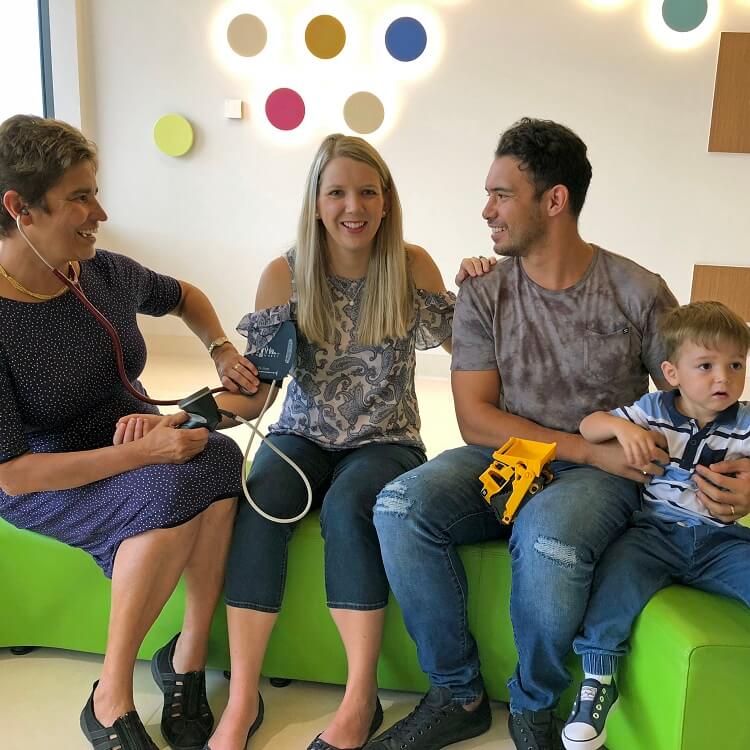Search
Research
Creating Equitable Opportunities for Language and Literacy Development in Childhood and AdolescenceThe majority of children acquire language effortlessly but approximately 10% of all children find it difficult especially in the early or preschool years with consequences for many aspects of their subsequent development and experience: literacy, social skills, educational qualifications, mental health and employment.
Research
The prevalence of and potential risk factors for Developmental Language Disorder at 10 years in the Raine StudyThis study sought to determine the prevalence of Developmental Language Disorder (DLD) in Australian school-aged children and associated potential risk factors for DLD at 10 years.
Research
The Causal Effect of Parent–Child Interactions on Child Language Development at 3 and 4 YearsLanguage development is critical for children's life chances. Promoting parent-child interactions is suggested as one mechanism to support language development in the early years. However, limited evidence exists for a causal effect of parent-child interactions on children's language development.

News & Events
The Kids researcher awarded prestigious EU Horizon 2020 grantProfessor Cate Taylor, is part of an International cohort of researchers to secure over €1.45million in grant funding from the EU’s Horizon 2020 programme.

News & Events
ORIGINS reaches key milestoneORIGINS, a collaboration between The Kids and the Joondalup Health Campus, has achieved a major milestone – recruiting its 1000th family.
Research
Robustness, risk and responsivity in early language acquisitionLanguage is a robust developmental phenomenon, characterised by rapid and prodigious growth.
Research
Does cerebral lateralization develop? A study using functional transcranial Doppler ultrasound assessingIn the majority of people, language production is lateralized to the left cerebral hemisphere and visuospatial skills to the right.
Research
Maternal Serum Vitamin D Levels During Pregnancy and Offspring Neurocognitive DevelopmentNew research links poor language to lack of Vitamin D in womb.
Research
Joint attention and parent-child book readingGood language development is an integral component of school readiness and academic achievement.
Research
Inner speech impairment in children with autism is associated with greater nonverbal than verbal skillsWe present a new analysis of Whitehouse, Maybery, and Durkin's (2006, Experiment 3) data on inner speech in children with autism (CWA).
